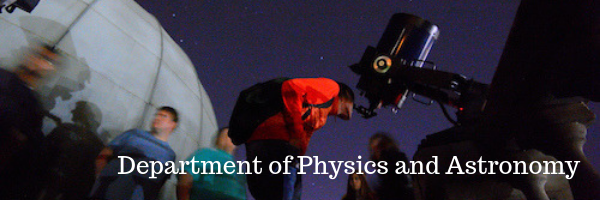
Faculty and Student Publications
Document Type
Article
Publication Date
9-1-2021
Abstract
Instrumental and environmental transient noise bursts in gravitational-wave (GW) detectors, or glitches, may impair astrophysical observations by adversely affecting the sky localization and the parameter estimation of GW signals. Denoising of detector data is especially relevant during low-latency operations because electromagnetic follow-up of candidate detections requires accurate, rapid sky localization and inference of astrophysical sources. NNETFIX is a machine learning, artificial neural network-based algorithm designed to estimate the data containing a transient GW signal with an overlapping glitch as though the glitch was absent. The sky localization calculated from the denoised data may be significantly more accurate than the sky localization obtained from the original data or by removing the portion of the data impacted by the glitch. We test NNETFIX in simulated scenarios of binary black hole coalescence signals and discuss the potential for its use in future low-latency LIGO-Virgo-KAGRA searches. In the majority of cases for signals with a high signal-to-noise ratio, we find that the overlap of the sky maps obtained with the denoised data and the original data is better than the overlap of the sky maps obtained with the original data and the data with the glitch removed.
Relational Format
journal article
Recommended Citation
Mogushi, K., Quitzow-James, R., Cavaglià, M., Kulkarni, S., & Hayes, F. (2021). NNETFIX: An artificial neural network-based denoising engine for gravitational-wave signals. Machine Learning: Science and Technology, 2(3), 035018. https://doi.org/10.1088/2632-2153/abea69
DOI
10.1088/2632-2153/abea69
Accessibility Status
Searchable text


